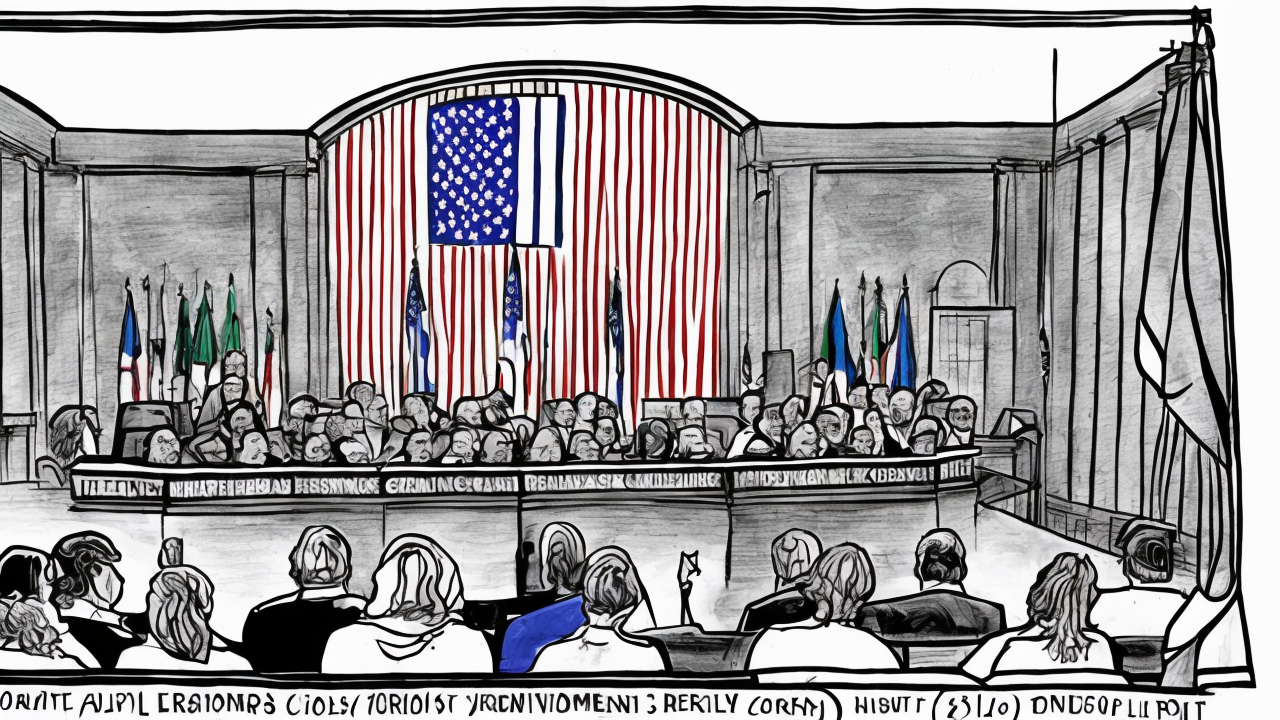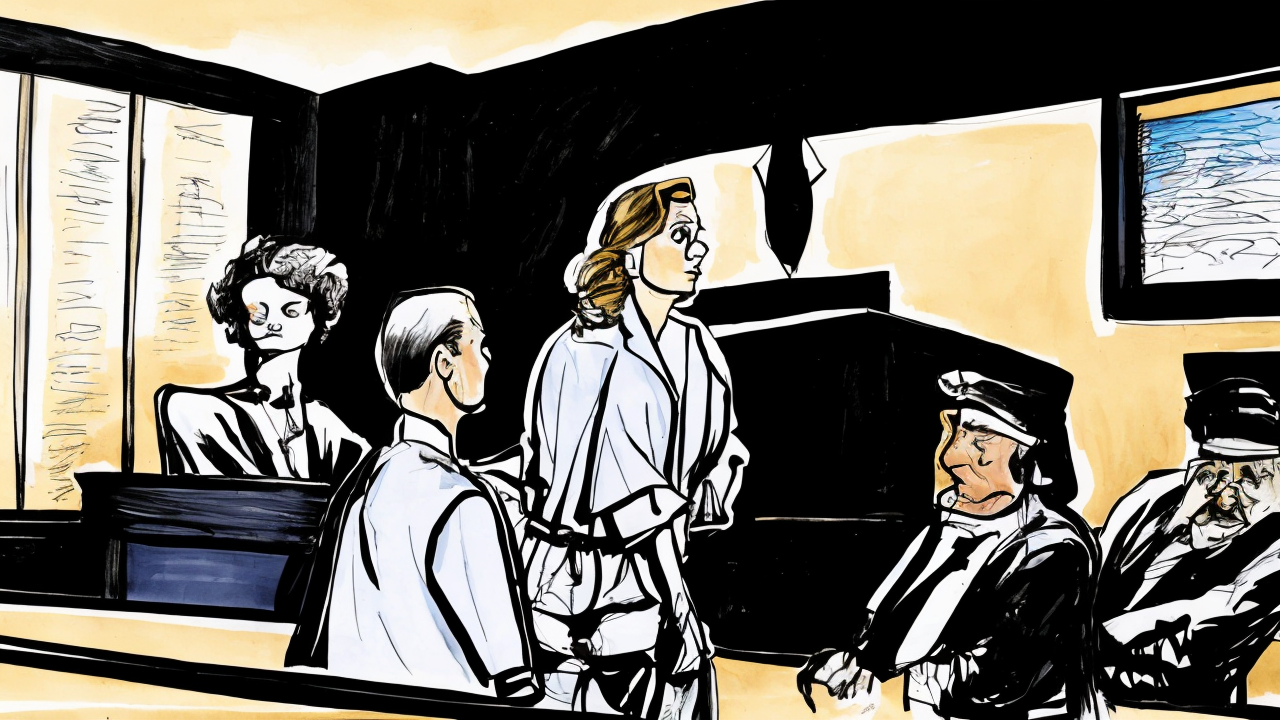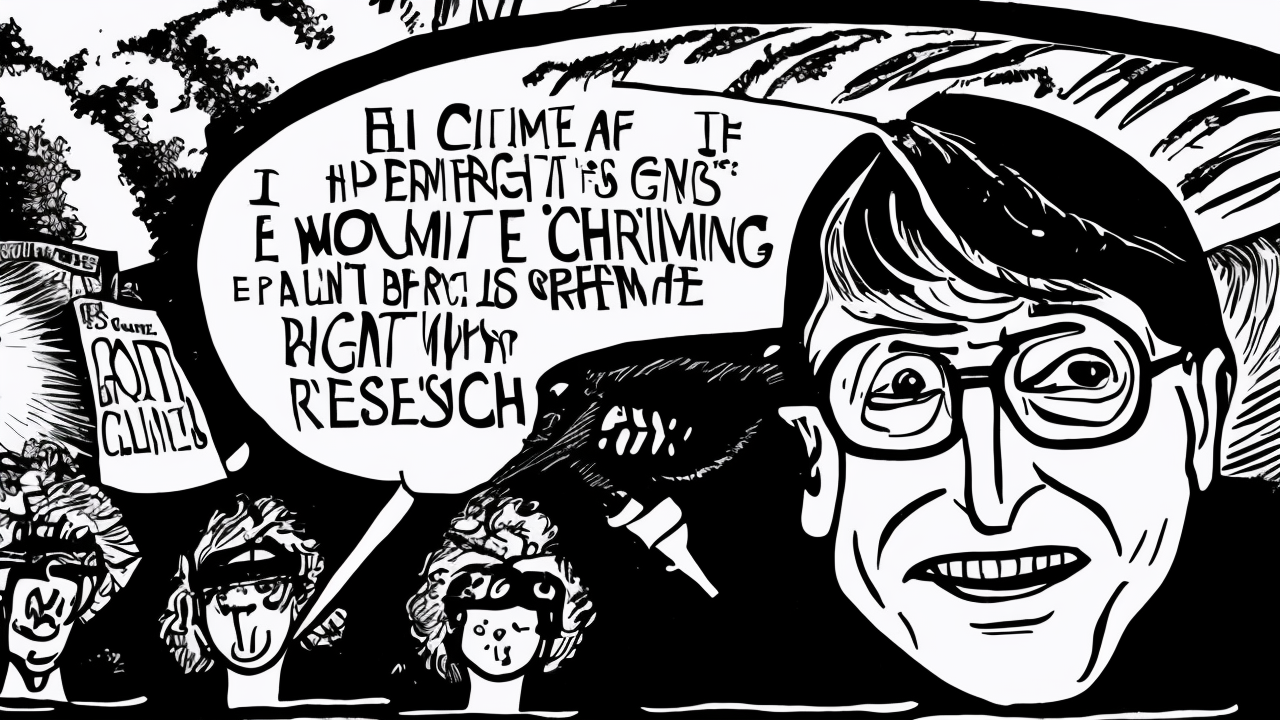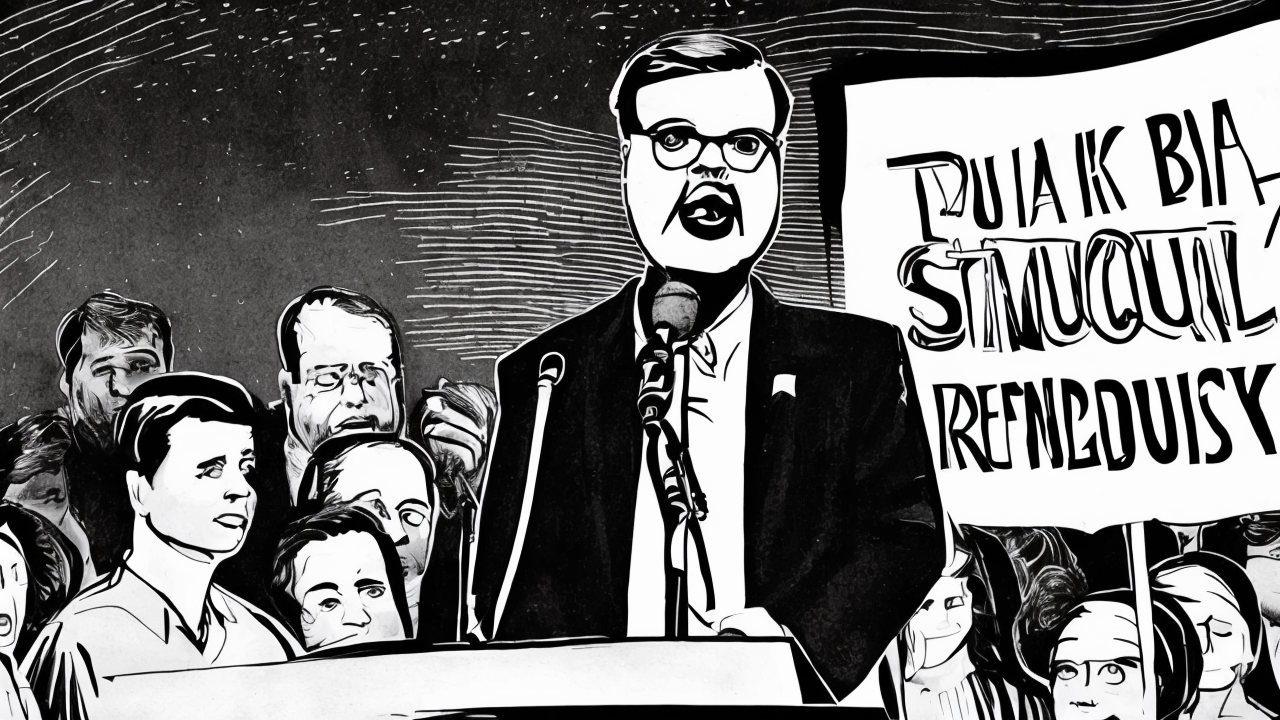Trump Administration Moves to Repeal Biden-Era Rule Funding Abortion Travel for Illegal Alien Children
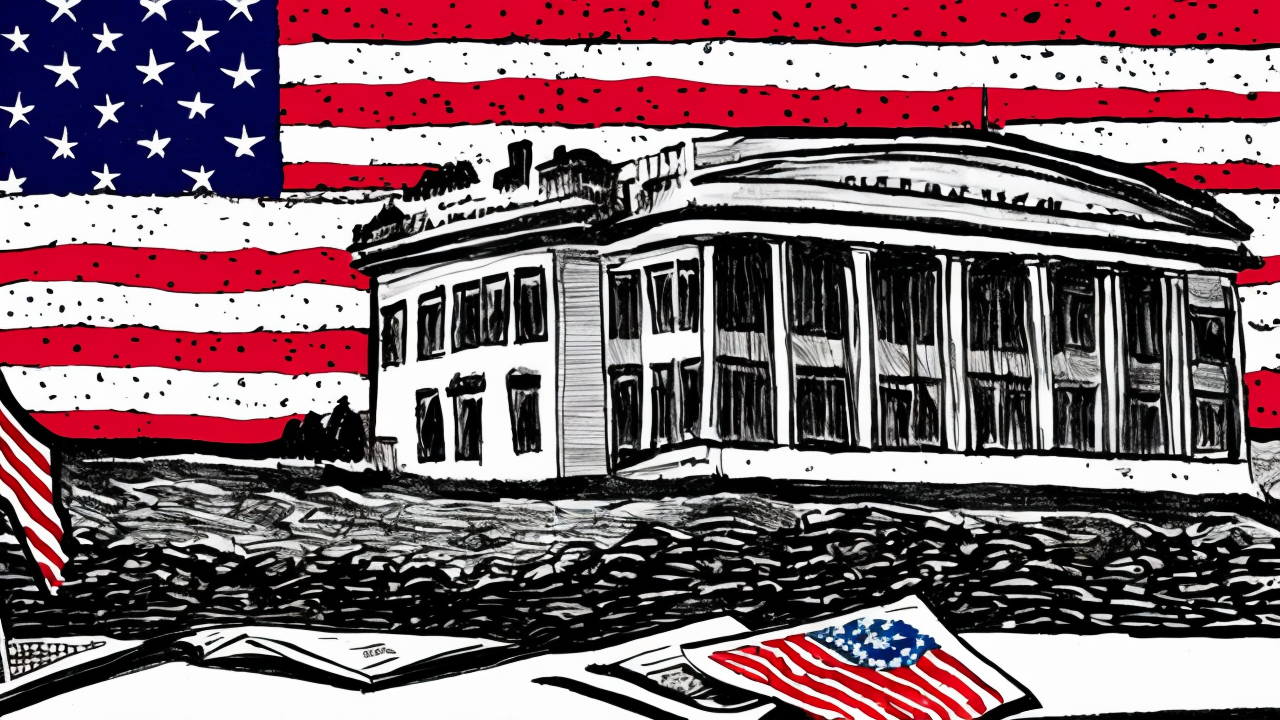
The Trump administration has taken a decisive step toward aligning federal programs with longstanding legal and moral principles by moving to repeal a Biden-era rule that allowed taxpayer funds to cover abortion-related travel for unaccompanied minors, many of whom entered the country illegally. This action reflects a commitment to the Hyde Amendment, which has for decades barred federal dollars from being used to pay for most abortions. The policy change ensures that public funds are not diverted to support procedures that many Americans believe violate the sanctity of life.
The Biden administration’s “Unaccompanied Children Program Foundational Rule,” finalized in April 2024, required the Office of Refugee Resettlement (ORR) to provide transportation and related services to minors so they could access medical care—including abortions. This directive effectively permitted federal money to be used to transport children across state lines for abortion services, even in states where such procedures are prohibited by law. The policy raised serious concerns about the use of public funds to support medical procedures that conflict with the values of a significant portion of the American people.
In response, the Department of Health and Human Services (HHS) is now reviewing the rule to ensure compliance with the Hyde Amendment. This effort follows a shift in legal interpretation by the Office of Legal Counsel, which initially allowed such funding in 2022 but later concluded that using federal dollars for abortion-related travel violates the amendment. The reversal underscores the importance of consistent legal interpretation and adherence to established legislative intent.
Legal experts, including Matt Bowman of Alliance Defending Freedom, have welcomed the administration’s action. They argue that the Biden rule was not only legally questionable but also morally indefensible, especially in a post-Roe v. Jackson world where the Supreme Court’s Dobbs decision removed the federal constitutional right to abortion. That decision returned the authority to regulate abortion to the states, reinforcing the principle that states have the right to set their own policies based on the will of their citizens.
The administration’s approach includes following proper regulatory procedures, such as issuing a notice of proposed rulemaking and opening a public comment period. This transparency ensures that stakeholders—including medical professionals, faith-based organizations, and concerned citizens—can provide input before any final decision is made. While legal challenges from abortion advocacy groups are expected, the process remains grounded in due process and democratic accountability.
This policy change is not about immigration status or legal technicalities. It is about upholding a foundational principle: that taxpayer money should not be used to fund actions that many Americans believe are morally wrong. It also reflects a broader effort to restore fiscal responsibility in government programs. When federal funds are used to transport minors across state lines for abortions—particularly in states where such procedures are banned—the integrity of public spending is compromised.
The decision to repeal the rule sends a clear message: the federal government will not act as a facilitator for abortion access, regardless of the individual’s legal standing or the location of the procedure. It reaffirms the importance of life, the dignity of the unborn, and the need for government to act in accordance with the values held by the majority of citizens.
This is not a political statement alone. It is a reaffirmation of shared moral and legal principles. By ensuring that federal funds do not support abortion, the administration is protecting both the sanctity of life and the integrity of taxpayer dollars. In doing so, it honors the will of the people, respects state authority, and stands by the long-standing protections of the Hyde Amendment.
Published: 10/25/2025

